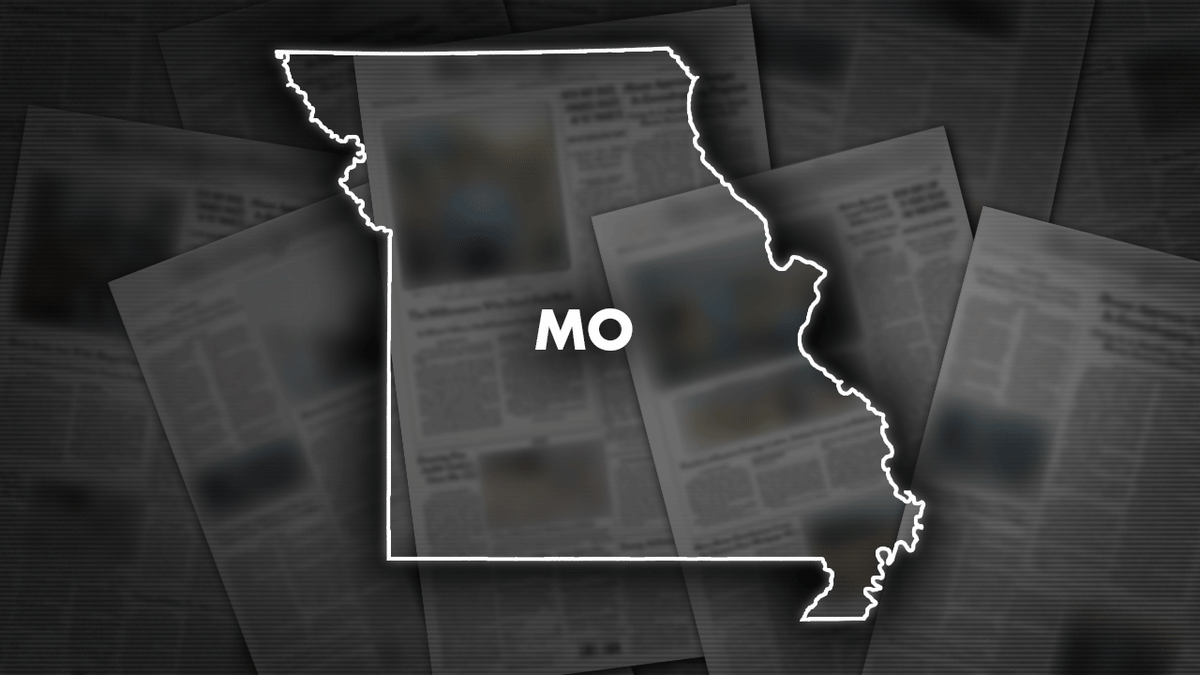JEFFERSON CITY, Mo. (AP) — A Biden administration plan to promote diversity and equity in workplace apprenticeship programs is facing pushback from Republican attorneys general in two dozen states who assert it amounts to race-based discrimination.
The U.S. Department of Labor contends its proposed rewrite of the National Apprenticeship System rules — the first since 2008 — would modernize and diversify on-the-job-training programs while improving their quality and protecting new workers.
FIRST-EVER CHIEF WHITE HOUSE DIVERSITY ADVISOR LEAVING BIDEN ADMINISTRATION
But the proposed rule change has become the latest example of political divisions over perceived fairness and opportunity in educational institutions and workplaces. While President Joe Biden and many Democratic-led states seek to require greater consideration of diversity, equity and inclusion, many Republican elected officials are seeking to eliminate such initiatives.

A group of red states, including Missouri and Tennessee, have pushed back against Biden DEI efforts in apprenticeship programs. (Fox News)
“We should not let race-obsessed ideology interfere with an important and successful apprenticeship program,” Tennessee Attorney General Jonathan Skrmetti said in a statement on behalf of 24 states that submitted comments opposing the proposal by a Monday deadline.
The proposal drew a variety of other objections, including from some business groups that contend it would drive up their costs, reduce their flexibility and ultimately decrease participation. Among other things, the proposal would require at least 2,000 hours of paid-on-the-job training, eliminating an option to finish sooner for workers who prove their competence.
“It’s going to discourage apprentices to enroll in these programs,” said Ben Brubeck, vice president of regulatory, labor and state affairs for Associated Builders and Contractors, whose chapters provide apprenticeship programs.
More than 640,000 people participate in registered apprenticeship programs approved by the U.S. Department of Labor or a state apprenticeship agency, according to Labor Department statistics. The programs provide paid on-the-job training and education for workers in a variety of fields, from construction to public administration, education and manufacturing.
Nearly 85% of participants are male and about 60% are white, according to Labor Department data.
The proposed rule would require apprenticeship program sponsors to have strategies for the recruitment, hiring and retention of people from “underserved communities.” The proposal would define that to include women, people of color, those with disabilities, military veterans, people adhering to particular religious beliefs and people who are lesbian, gay, bisexual, transgender, queer, nonbinary or gender nonconforming.
The Republican attorneys general contend that could run awry of a U.S. Supreme Court ruling last year that prohibited race as a decision factor in college admissions, striking down affirmative action programs. The GOP attorneys also contend the proposed new oversight and data-collection requirements exceed the federal agency’s authority.
Under the proposed Labor Department rule, each state apprenticeship agency also would be required to have a plan for advancing diversity, equity, inclusion and accessibility.
That could run contrary to prohibitions in some Republican-led states. On Wednesday, Alabama Gov. Kay Ivey signed a lawprohibiting state agencies, universities and K-12 school systems from sponsoring DEI programs.
CLICK HERE TO GET THE FOX NEWS APP
Earlier this year, Utah Gov. Spencer Cox signed a law prohibiting government agencies, universities and K-12 schools from having diversity equity and inclusion offices. That law says policies “based on an individual’s personal identity characteristics” are a “prohibited discriminatory practice.”
Around 60 bills targeting diversity, equity and inclusion initiatives have been proposed this year in Republican-led state legislatures. About half that many bills have been filed in support of such initiatives in Democratic-led legislatures.
